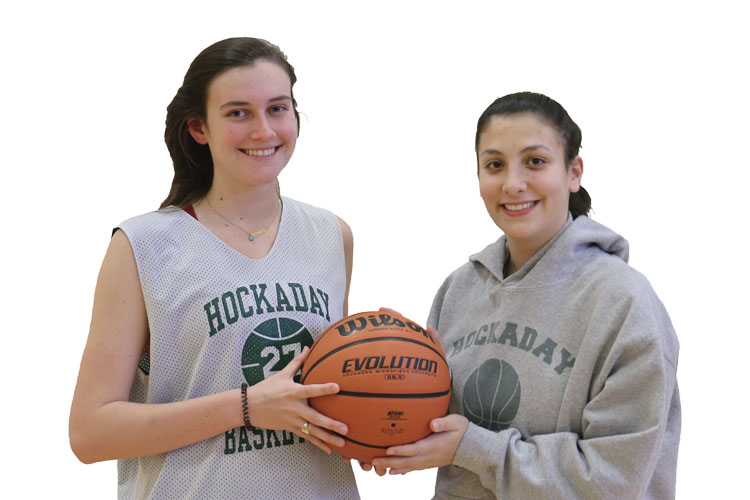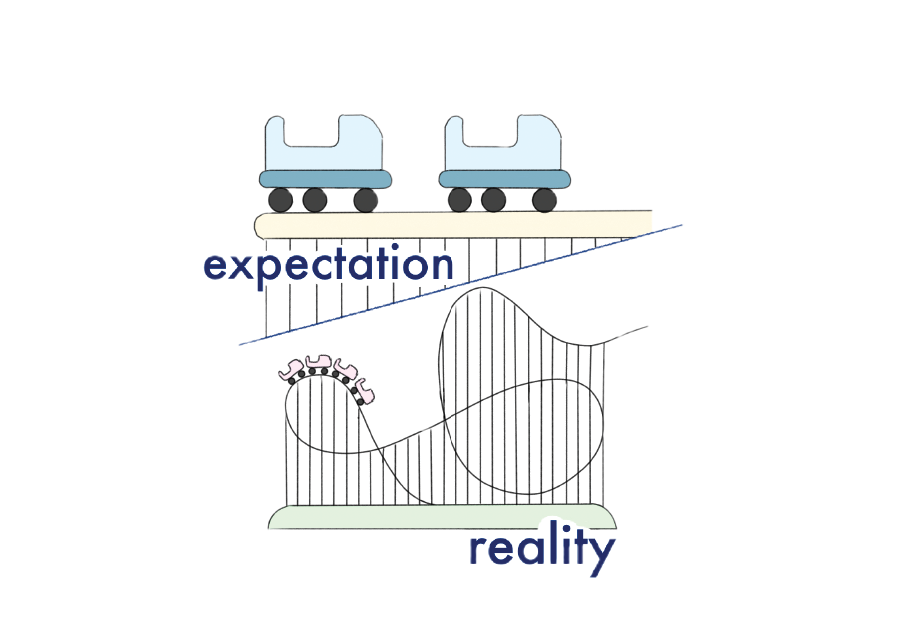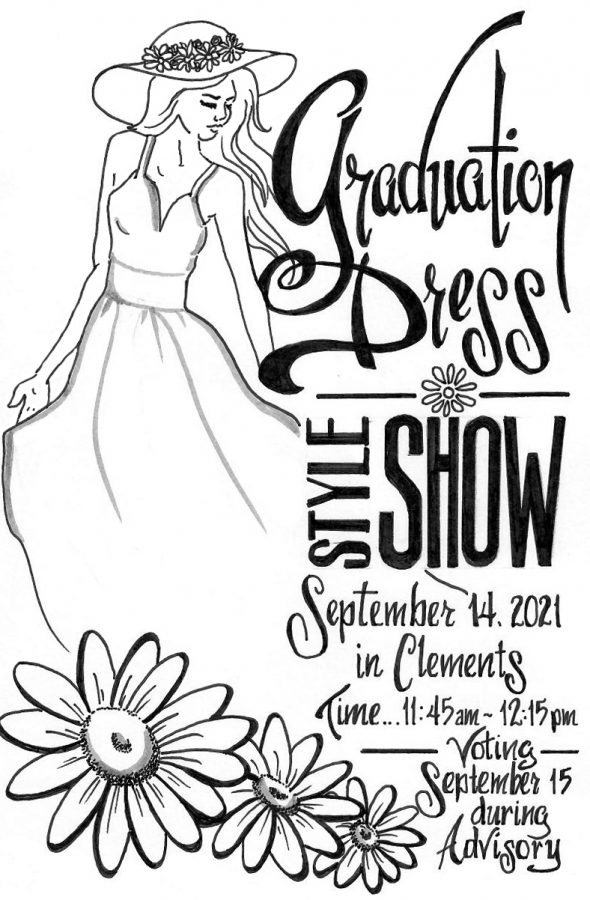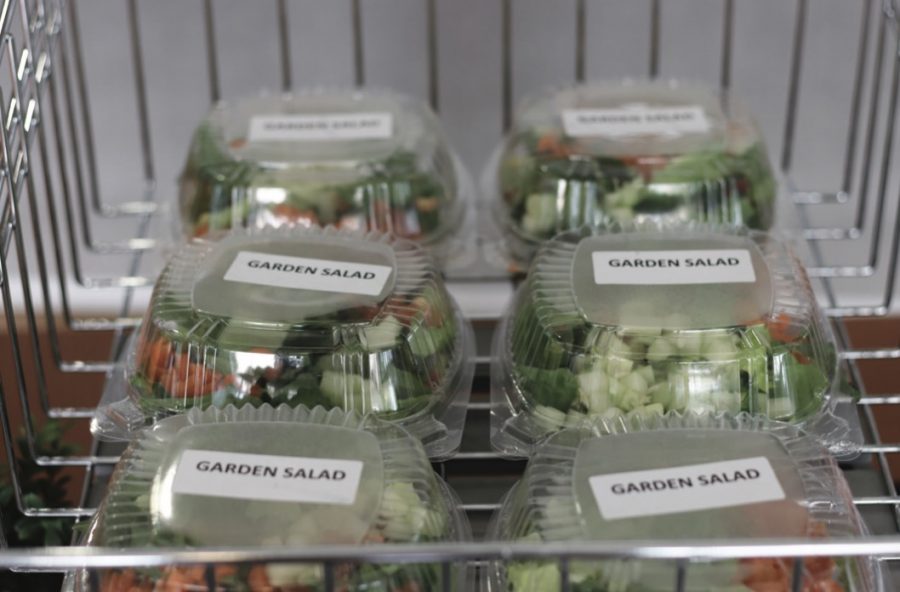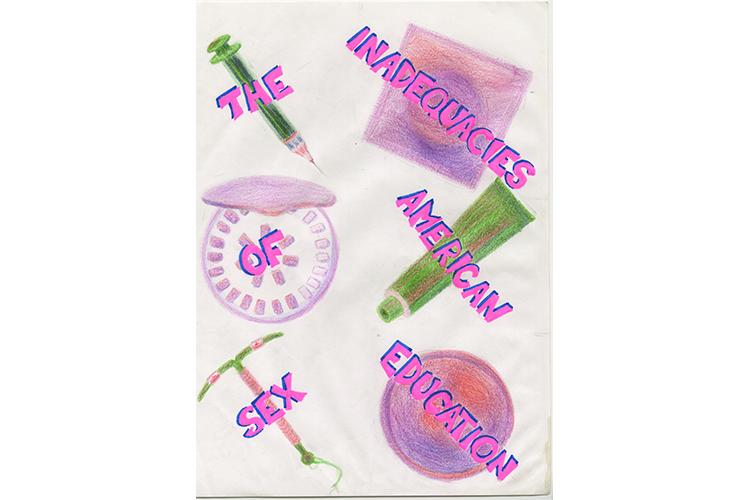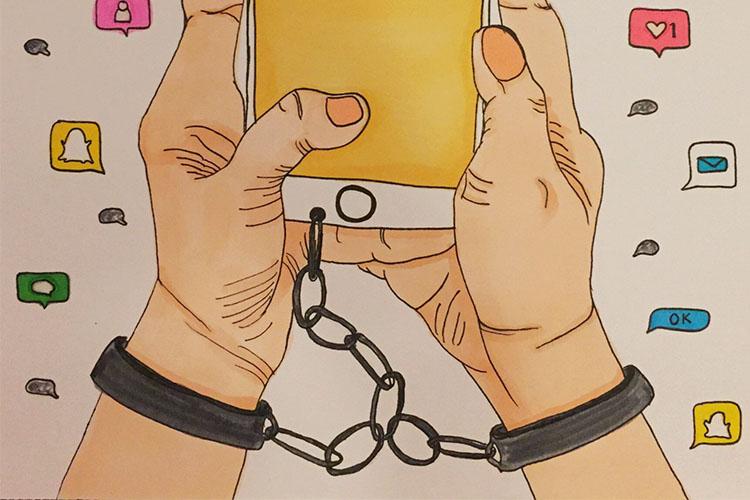Very few movies and television shows accurately depict the college admissions process. For example, in “High School Musical 3,” star basketball player, musical theater extraordinaire and teen-heartthrob Troy Bolton shocks his classmates by announcing on graduation day that he plans on attending the University of California, Berkeley, where he will pursue both his passion for athletics and drama.
However, Troy never fills out a single application; basketball scouts offer him a position at the fictional University of Albuquerque without even looking at a transcript, his drama teacher Ms. Darbus submits an application on his behalf (both unethical and unrealistic) and Troy’s acceptance letter to UC Berkeley magically appears.
Although clearly the High School Musical series does not concern itself with providing a realistic portrayal of the high school experience (students at Hockaday rarely break into intricately-choreographed musical numbers), the application process in this movie is purely fantastical.
Instead, Hockaday seniors work tirelessly on dozens of applications and dread the day that they receive their admissions decision, fearing rejection and desperately craving an acceptance letter. Thus, as we approach early decision announcements, The Fourcast exhorts you to refrain from asking about college admissions.
Barbara Smaller conveyed the toils that students undergo in order to attend their dream universities best in a New Yorker cartoon. In this illustration, a 4-year-old child sits on the living room floor and reads a book while his mother remarks, “There will be plenty of time for playing after you get into college.”
It may appear farcical that a mother would begin college preparations with her toddler, but this experience rings true for many students. From a young age, we (at the behest of our parents) join various sports teams, learn to play an instrument and advance our knowledge outside of the classroom with tutors simply so that in a decade, we can attend the college of our dreams.
By the time we reach high school, we deny ourselves sleep, three proper meals a day and any time for leisure. We skip lunch to study for a quiz, stay up until 2 a.m. to write papers and wake up at 5 a.m. for morning practice.
Then during senior year, we summarize our lives on a single sheet of paper for some stranger to peruse and to ultimately provide a verdict on our worth.
Paris Geller in the TV show “Gilmore Girls” epitomizes the stress of this experience. Throughout the show, Geller dedicates herself to her academics, the school paper and her extracurricular work all with the hope of attending Harvard University.
“I’ve thought about nothing else for four years but this school, this big important school with all of its history and tradition and really super teachers. And I dedicated myself to it completely, heart and soul, believing in its power, believing in its ability to get me where I needed to go,” Geller said while speaking at her school’s bicentennial. “Harvard. I thought of nothing else… And here’s the really funny thing – after four years of slaving away, I go home today and I found this. I’m not going to Harvard.”
This experience is stressful enough, but to endure this trial in an open court is pure torture. It requires us to pronounce our rejections to the world and to open ourselves up to public scrutiny.
Any senior (and many underclassmen) recognizes that the general public simply cannot grasp this concept. Well-meaning aunts, uncles, family friends, doctors and passers by will ceaselessly barrage any high school student with questions about college.
“Have you decided where you will go to school? Did you get into your dream school? Do you have a dream school? Why that school? What do you want to study? What are your grades like? Your test scores? Your resume?”
When bombarded with such questions, we want to simply scream back, “Leave me alone!” At 18, we don’t have answers; we ourselves wrestle with the same questions. We face an infinite number of possibilities about our future, and the uncertainty of such infinitude can be crippling.
Some seniors may know exactly where they want to go to school, what they want to study and what classes they want to take. On the other hand, some seniors have no clue where in the world they want to attend college, whether to pursue STEM or humanities or even what subjects appeal to them. The spectrum spans from complete certitude to utter uncertainty.
Thus, while someone who can pinpoint the very coordinates of his or her dream school may happily answer any and all questions, do not take the risk. You may end up spiraling a confused senior into an existential crisis.
Underclassmen generally mean well when they ask where you applied to school or whether you have been admitted. They want to share in our successes and comfort us when we face rejection. However, in a state of intense anxiety and frustration, seniors often misinterpret these questions as judgmental or simply want to refrain from ever uttering the word “college” again.
As underclassmen, we too scoured the Wall of Acceptances for familiar names (and familiar colleges). We exchanged furtive whispers to see if anyone knew where our friends had applied or been admitted. We texted seniors the day that decisions came out and sent well-intentioned messages expressing both our disappointment in that school’s shortsightedness to pass them over and our optimism that an even better decision lay waiting behind the corner.
These messages may not have the intended effect. It can be challenging for underclassmen to truly empathize with seniors rejected from their dream schools since they themselves have never undergone the Herculean trials of the college application process.
Therefore, we ask that you wait until we approach you with our big news. If we come in tears, hug us and allow us to cry on your shoulder. If we bounce down the hall shouting our good news, feel free to join in the celebration.
If a senior chooses to experience this process on her own, respect her decision. Do not compare her to her peers; do not attempt to pry out every morsel of information.
We cannot all be Rory Gilmore and receive acceptances to Harvard, Yale and Princeton. Many of us will be Paris Geller, lamenting on stage in front of her classmates about her recent rejection, and that is okay. We will bounce back stronger than ever, but allow us to do it on our own.
Mary Orsak, Special Magazine Editor


